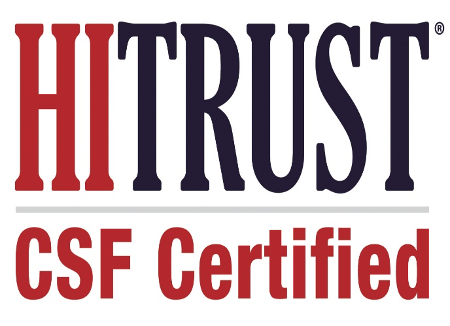
Forward to a friend |
Subscribe | The Record Archive | Contacts | bcbsm.com | Print this article
|
October 2020
Blue Cross receives HITRUST CSF Certification
At Blue Cross, one of our top priorities has always been to enhance our information security capabilities. As part of that commitment, Blue Cross and Blue Care Network worked for more than two years to obtain the HITRUST CSF Certification.** This certification recognizes our steps to continue to align with the Health Insurance Portability and Accountability Act of 1996, while ensuring we have the right level of controls and safeguards to protect sensitive patient data and reduce complexity, risk and cost. This helps minimize any negative effects on our providers, customers and organization. HITRUST is an organization that’s responsible for creating and maintaining a comprehensive and flexible framework of prescriptive and scalable security controls in the health care sector, among others. HITRUST CSF Certification is frequently required by organizations that handle sensitive data, including protected health information, or PHI. Threats to information security This value stems primarily from two unique features:
Our commitment to you As part of our network of physicians and other medical partners, you can expect to see:
**HITRUST CSF Certification, announced in July 2020, was effective December 2019. The scope of the certification covers Blue Cross Blue Shield of Michigan’s Electronic Data Interchange system and infrastructure. |
|
No portion of this publication may be copied without the express written permission of Blue Cross Blue Shield of Michigan, except that BCBSM participating health care providers may make copies for their personal use. In no event may any portion of this publication be copied or reprinted and used for commercial purposes by any party other than BCBSM.
|
 We are pleased to announce that Blue Cross Blue Shield of Michigan has received HITRUST CSF® Certification.
We are pleased to announce that Blue Cross Blue Shield of Michigan has received HITRUST CSF® Certification.